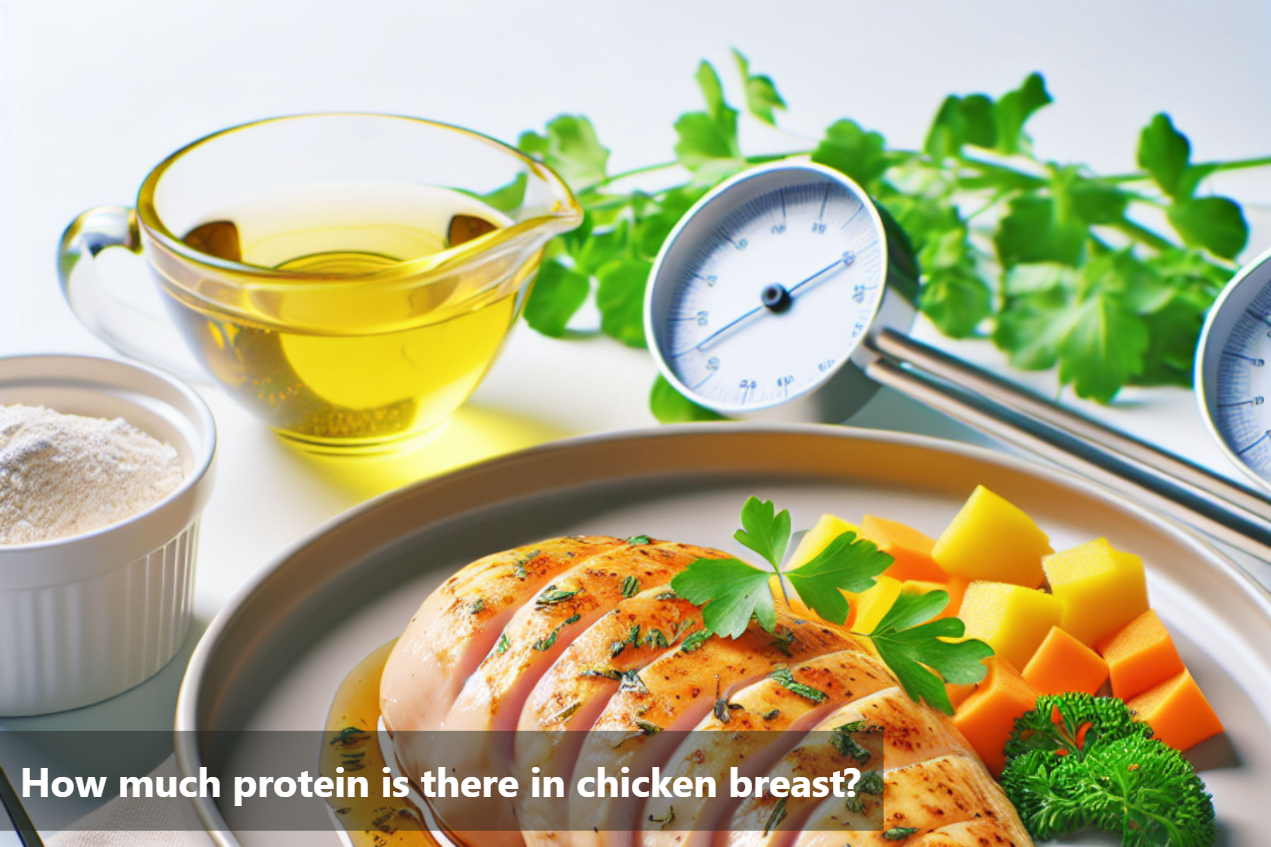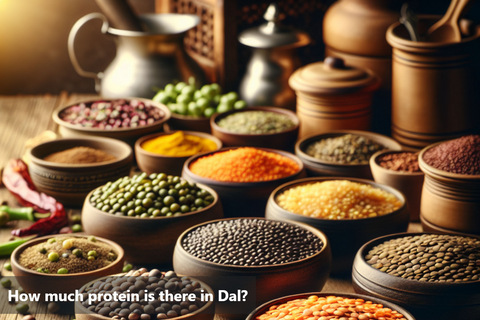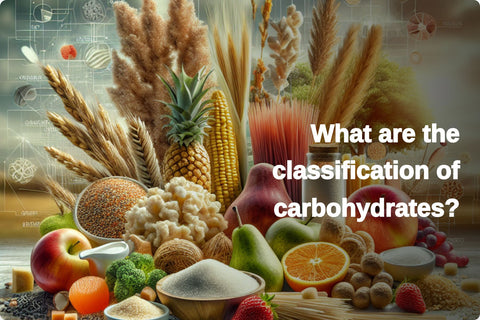
How much protein is there in chicken breast?
Protein plays a crucial role in a balanced diet, essential for various bodily functions. When it comes to sourcing protein, chicken breast stands out as a popular and nutritious option.
A 100g serving of cooked chicken breast typically contains around 31 grams of protein, making it a protein-dense food choice. This means that even a single chicken breast can provide a significant amount of your daily protein requirement
Including chicken breast in your meals can help support muscle growth and repair, making it a favored option among fitness enthusiasts and those looking to maintain an active lifestyle. Its high protein content also aids in keeping you feeling full and satisfied, which can be beneficial for weight management goals. Understanding the protein content in chicken breast and its nutritional value can guide you in making informed choices to meet your dietary needs effectively.

Nutritional Value of Chicken Breast
One skinless, boneless, cooked chicken breast (172 g) contains:
Calories |
284 |
Protein |
53.4 g |
Carbs |
0 g |
Fat |
6.2 g |
Health Benefits of Protein in Chicken Breast
Protein is a crucial component for maintaining overall health and well-being. When it comes to chicken breast, it serves as an excellent source of high-quality protein essential for muscle growth and repair.
In a 100-gram serving of cooked chicken breast, you can find approximately 31 grams of protein. This amount of protein in a single chicken breast provides a substantial portion of your daily protein requirement, making it a convenient choice for meeting your nutritional needs.
The protein present in chicken breast contains essential amino acids that are vital for various bodily functions.
These amino acids play a significant role in supporting muscle development, repair, and overall growth.
Additionally, protein aids in the maintenance of healthy skin, hair, and nails.
Consuming chicken breast as part of a balanced diet can help in regulating appetite, promoting satiety, and supporting weight management goals.
Moreover, incorporating this lean protein source into meals can contribute to increased energy levels and improved metabolism.
Overall, the protein content in chicken breast offers a myriad of health benefits, making it a valuable addition to your diet for promoting muscle health, aiding in recovery post-exercise, and supporting overall well-being.
Comparison with Other Protein Sources
When it comes to comparing the protein content in chicken breast with other popular protein sources like beef, fish, and tofu, there are some key differences to consider.
Firstly, in terms of protein content per 100g, chicken breast is a lean and high-protein option with approximately 31 grams of protein in a 100g cooked portion. This makes it an excellent choice for individuals looking to increase their protein intake without consuming excessive amounts of fat.
In comparison, beef also provides a substantial amount of protein, with around 26 grams per 100g serving. While beef is slightly lower in protein content than chicken breast, it can still be a valuable protein source in a balanced diet.
On the other hand, fish, such as salmon or tuna, offers a similar protein content to chicken breast, ranging from 25-30 grams per 100g serving. Fish is additionally rich in omega-3 fatty acids, making it a great option for heart health.
-
Tofu, a popular plant-based protein source, contains about 8 grams of protein per 100g. While tofu is lower in protein compared to animal sources like chicken breast, it is a valuable option for vegetarians and vegans.
Each protein source has its own nutritional benefits, and incorporating a variety of proteins into your diet can help you meet your daily protein requirements and maintain a balanced nutritional intake.

Quantifying Protein Levels in Chicken Breast
The protein in chicken breast plays a vital role in promoting muscle growth and aiding in the repair of tissues. Whether you are an athlete looking to build muscle or simply aiming to maintain a healthy lifestyle, chicken breast can be a valuable addition to your diet.
When compared to other protein sources like beef, fish, and tofu, chicken breast emerges as a lean protein option with a commendable protein-to-fat ratio. This makes it an attractive choice for individuals focusing on weight management or seeking a lean protein source.
The protein content in chicken breast not only helps in meeting our daily protein needs but also contributes to maintaining a balanced and healthy diet. Including chicken breast in your meals can be a delicious and nutritious way to ensure you are fueling your body with the protein it requires for optimal function.
FAQs
Is chicken breast a good source of protein?
Yes, chicken breast is considered a high-quality source of lean protein.
Can chicken breast help with muscle building and repair?
Yes, the protein content in chicken breast can support muscle building and repair.
Does the cooking method affect the protein content in chicken breast?
Generally, the protein content remains relatively consistent, regardless of the cooking method used.
How does chicken breast compare to other protein sources in terms of protein content?
Chicken breast ranks high among lean protein sources in terms of protein content per serving.
Are there any alternative options for individuals looking to increase their protein intake apart from chicken breast?
Yes, individuals can also consider lean cuts of beef, fish, tofu, or legumes as alternative protein sources.
This Blog post is an initiative by Lo! Foods, to provide accurate and Nutritionist / Doctor approved information related to Health. Lo! Foods is India's leading brand for Everyday Functional Foods. Foods designed for specific Health conditions or Needs. Lo! Foods also runs India's largest range of Low Carb Healthy Cloud Kitchens, under the brand names of Lo!, ProteinChef, ATH (All Things Healthy) and DiabeSmart.













Leave a comment
Your email address will not be published.